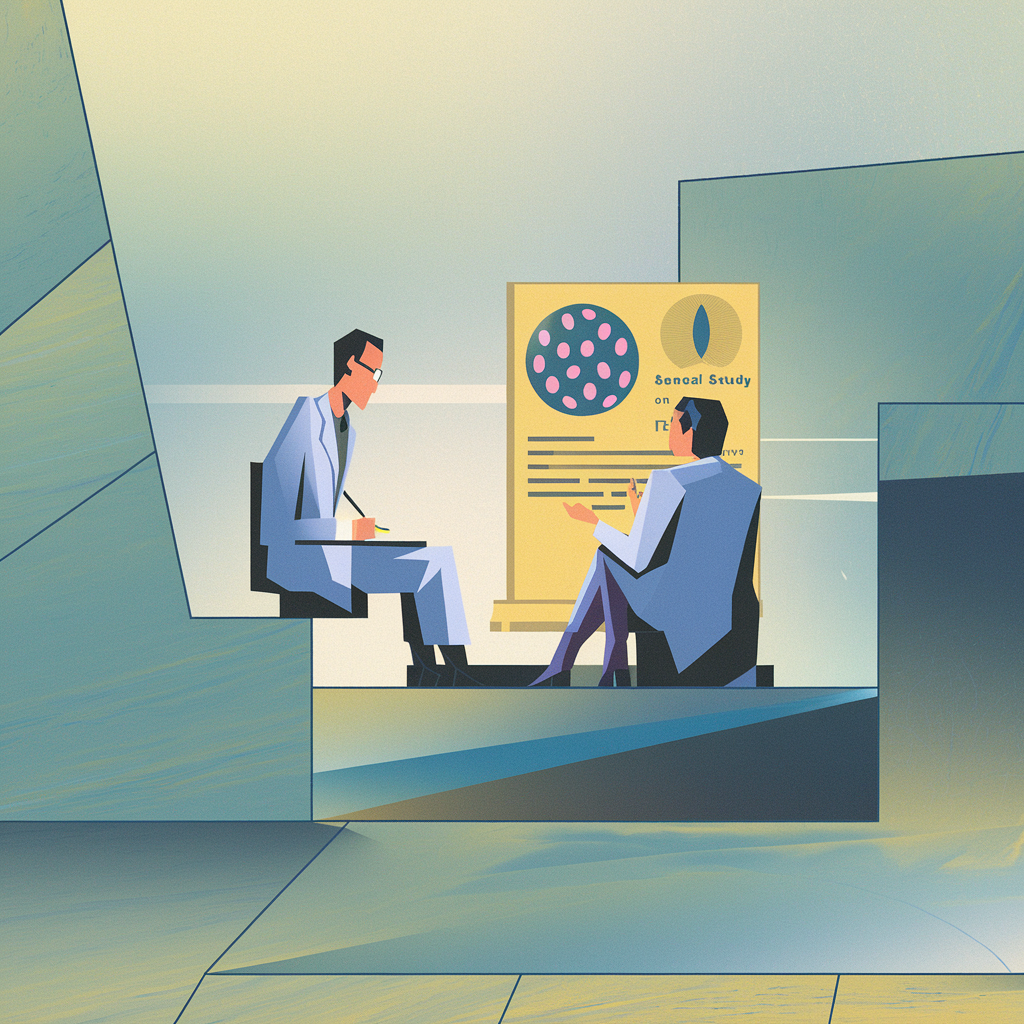Mesenchymal stromal cells (MSCs) are widely used in regenerative medicine, and intravenous (IV) injection is one of the most common delivery methods. But how long do MSCs actually stay in the body before they are cleared? Research provides some clear timelines.
Short-Term Biodistribution: The First Week
Immediately after IV administration, most MSCs become trapped in the lungs, acting as the body’s first capillary filter. However, over the next few days, they begin to redistribute to the liver, spleen, and kidneys. This redistribution process typically occurs between day 1 and day 7.
Longer-Term Presence: Up to 28 Days
While many studies suggest that MSCs are largely cleared within a few weeks, certain detection methods, such as RT-PCR, have found traces of MSC mRNA in various tissues (including the liver and blood) up to day 6. In some cases, MSCs were detected in different organs up to 28 days after infusion. However, their numbers were significantly reduced by this point, with older recipients showing more limited biodistribution than younger ones.
Factors Affecting MSC Persistence
- Disease Conditions: Conditions like acute kidney injury, Alzheimer’s, and spinal cord injury appear to influence MSC biodistribution, leading to higher accumulation in diseased tissues.
- Detection Techniques: Traditional bioluminescence imaging often underestimates MSC distribution, whereas RT-PCR suggests that some MSC remnants persist longer.
- Selective Infusion & Modifications: Targeting specific veins or modifying MSCs with homing markers can extend their presence in certain organs, such as the liver.
Do MSCs Persist Beyond One Month?
For most patients, MSCs are largely undetectable beyond 28 days, although their therapeutic effects may last longer due to paracrine signaling. While IV administration provides a simple and effective method for delivering MSCs, their clearance timeline depends on multiple factors, including age, disease state, and delivery modifications.


